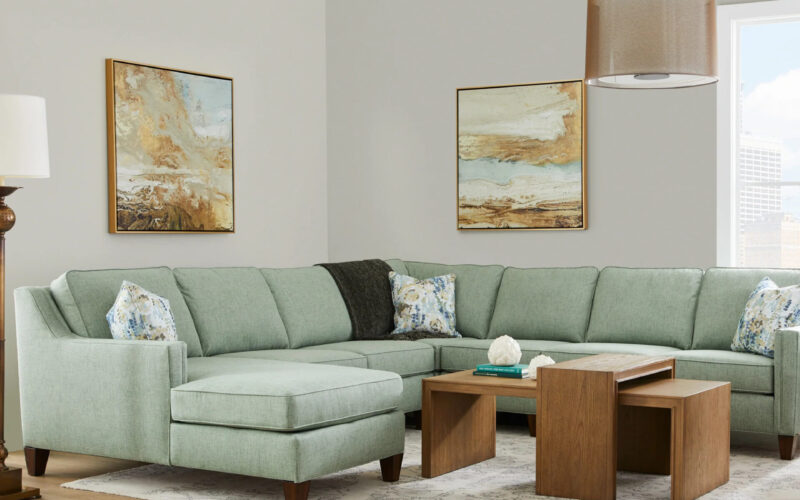
This page is Ad Free courtesy New Republicans America
How Much Should I Invest In Home Furnishings and Decor for My New Home?
When you make purchases through our links we may earn a small commission.

Photo Credit: unsplash.com
Investing in home furnishings and decor for your new home can depend on several factors, including your budget, the size of your home, your personal style, and the quality of items you wish to purchase. Here are some guidelines to help you determine how much to invest:
1. Overall Budget
A common recommendation is to allocate around 10% to 50% of the home’s purchase price for furnishings and decor. For example, if your home costs $300,000, you might consider spending between $30,000 to $150,000.
2. Room-by-Room Breakdown
- Living Room: Allocate around 25-30% of your budget. This typically includes a sofa, coffee table, TV stand, and decor.
- Bedroom: Allocate around 20-25%. This includes the bed, mattress, nightstands, dressers, and decor.
- Dining Room: Allocate around 10-15%. This includes the dining table, chairs, and dining room decor.
- Kitchen: Allocate around 10-15%. This might include bar stools, kitchen table, and small appliances.
- Other Areas: Allocate the remaining budget to other rooms such as bathrooms, home office, and outdoor spaces.
3. Quality Over Quantity
Invest in key pieces that will last longer and maintain their value. High-quality furniture can be more expensive upfront but will save you money in the long run by avoiding frequent replacements.
4. Personal Style and Needs
Consider your lifestyle and how you use each space. If you entertain often, investing more in the living and dining areas might be a priority. If you work from home, a comfortable and functional home office could be more important.
5. Flexible Budget
Keep some flexibility in your budget for unexpected expenses or impulse buys. This can help you avoid going over budget and ensure you can accommodate any changes in your needs or preferences.
6. Second-Hand and DIY Options
Consider second-hand furniture or DIY projects to save money. High-quality, gently-used furniture can often be found at a fraction of the cost of new items.
7. Seasonal Sales and Discounts
Take advantage of sales, discounts, and promotions to stretch your budget further. Shopping during major sales events like Black Friday or end-of-season sales can provide significant savings.
By carefully planning your budget and considering your personal needs and style, you can create a comfortable and stylish home that reflects your taste without overspending.
- #TAGS: home improvement, investments
SHARE
RECOMMENDED FOR YOU:
Financing Universal Basic Income: A Comprehensive Approach
You’ll get more articles like this – and our favorite promotional offers delivered straight to your inbox.
By submitting this form you agree to our terms and conditions. You can unsubscribe at any time.

Political experts examine America’s divisions heading into 2024 election

The Cost-Effective Wisdom of Universal Basic Healthcare











































